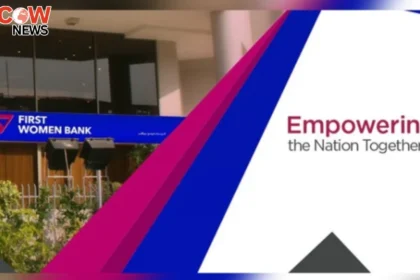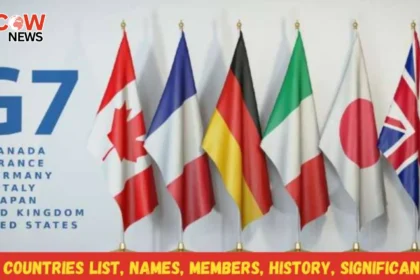Islamabad ( The COW News Digital)Pakistan’s central bank has refused to grant legal recognition to digital or cryptocurrency transactions until a proper regulatory and licensing framework is established. This decision was announced following the first meeting of the Pakistan Virtual Assets Regulatory Authority (PVARA), chaired by Prime Minister’s Special Assistant on Blockchain and Crypto, Bilal Bin Saqib.
The session also saw participation from Finance Minister Muhammad Aurangzeb, who highlighted the importance of structured oversight to ensure Pakistan’s safe entry into the global virtual assets economy. During the meeting, officials debated repealing the State Bank’s circular that prohibits cryptocurrency transactions. However, the State Bank maintained its stance, warning that allowing digital currency usage without a robust regulatory framework could lead to serious financial and legal complications.
Under interim legislation, virtual asset service providers must obtain a license from the PVARA before conducting any operations. Experts at the meeting noted that establishing an effective regulatory and licensing regime could take six to eight months.
The State Bank’s 2018 circular mandates that all financial institutions avoid dealing with virtual currencies and tokens, including Bitcoin, Litecoin, PakCoin, OneCoin, DashCoin, PayDiamond, and Initial Coin Offering (ICO) tokens. It also requires institutions to report any suspicious transactions to the Financial Monitoring Unit.
Minister Aurangzeb emphasized that unregulated digital transactions could risk Pakistan being added to the Financial Action Task Force (FATF) gray list again, underscoring the need for a controlled approach.
The PVARA board approved the creation of a complaint portal in collaboration with the National Cyber Crime Investigation Agency (NCCIA) to address virtual asset disputes promptly. Committees for sandbox trials, taxation policy, regulatory drafting, and international relations were also formed. The proposed licensing framework was presented to board members for consultation and will be finalized in the coming weeks.
Bilateral and international compliance standards, including Anti-Money Laundering (AML) and Counter Financing of Terrorism (CFT), will be incorporated into the PVARA framework. Board members, including experts in virtual assets, will oversee the autonomous functioning of the authority.
Bilal Bin Saqib stated, “The authority will foster innovation, investment, and opportunities in the virtual assets sector while maintaining financial integrity. Our goal is to build confidence nationally and establish Pakistan as a leading country in the global virtual assets economy.”
Meetings will be held twice a month over the next six months to ensure continuous oversight and implementation of policies.







